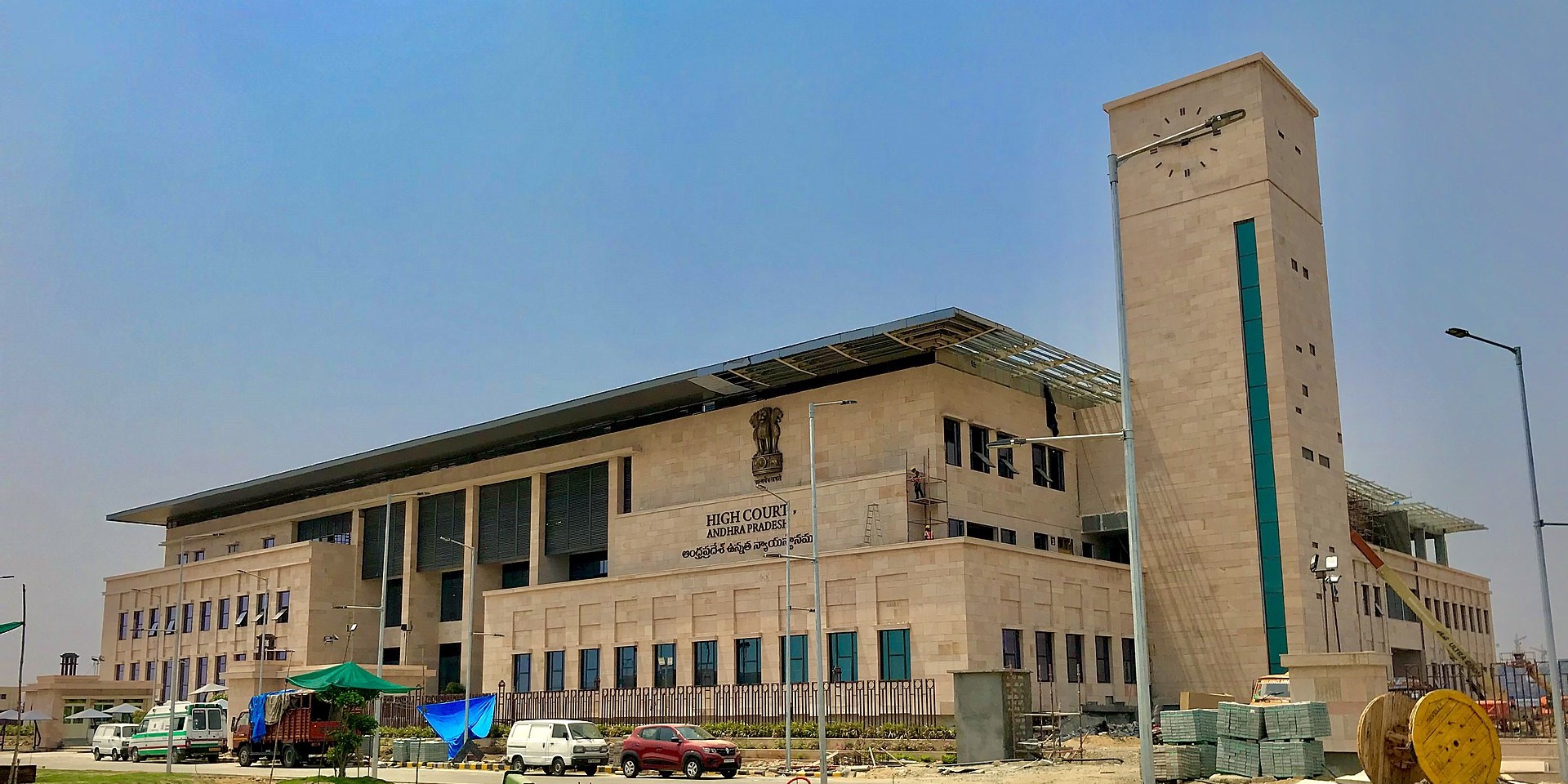The High Court halted further investigation by unauthorised officers, criticising the CBI for appointing ASP J. Venkata Rao—who is not part of the SC-mandated SIT—as investigating officer
Published Jun 20, 2025 | 9:09 PM ⚊ Updated Jun 20, 2025 | 9:09 PM

Andhra Pradesh High Court halts probe into Tirumala laddu row by the IO (Creative Commons)
Synopsis: The Andhra Pradesh High Court has directed the CBI to uphold procedural integrity in its probe into the alleged adulteration of ghee used in Tirumala laddus—a case that has stirred religious and political tensions. The court objected to the involvement of an officer outside the SC-mandated SIT and sought an explanatory affidavit
The Andhra Pradesh High Court on Friday directed the Central Bureau of Investigation (CBI) to ensure integrity in its probe into the alleged adulteration of ghee used in the sacred Tirumala laddus, a case that has hurt religious sentiments and sparked political controversy across the state in the recent past.
The High Court, hearing a petition challenging procedural irregularities in the probe, issued a stern directive to halt further investigation by unauthorised personnel.
The court specifically found fault with the CBI for the involvement of Additional Superintendent of Police J. Venkata Rao, an officer appointed as an investigating officer though he was not part of the Supreme Court-mandated Special Investigation Team (SIT).
The court took objection to the CBI’s actions, which it deemed unauthorised without clearance from the Supreme Court, in the name of investigation. The court directed the CBI to file an affidavit on the entire issue.
The court issued the directive in response to a petition filed by K Chinnappanna, the then special officer of the AP Bhavan, challenging a notice issued by Venkata Rao summoning him to appear before the CBI.
Appearing for the petitioner, Supreme Court advocate Nageswara Rao argued that Venkata Rao was not part of the SIT mandated by the Supreme Court.
The apex court on 4 October, 2024, constituted a five-member SIT, comprising two CBI officers (Joint Director S Veeresh Prabhu and SP Murali Rambha), two Andhra Pradesh Police officers (Guntur Range IG Sarvashrestha Tripathi and Visakhapatnam Range DIG Gopinath Jatti), and an FSSAI official (not announced at that time), under the CBI Director’s supervision.
In September 2024, Chief Minister N. Chandrababu Naidu, leading the National Democratic Alliance (NDA) government in the state, alleged that ghee supplied under the previous YSR Congress Party (YSRCP) regime (2019–2024) was adulterated with animal fats, including beef tallow, fish oil, and lard, based on a National Dairy Development Board (NDDB) lab report. The claim ignited widespread indignation among devotees, who expressed outrage over the desecration of the sacred prasadam, while opposition parties accused Naidu of politicizing a religious issue.
The Tirumala laddu, a prasadam offered to devotees at the Sri Venkateswara Temple in Tirupati, is a symbol of divine blessing, consumed by over 100,000 pilgrims daily. The Tirumala Tirupati Devasthanams (TTD), which oversees the temple’s operations, procures vast quantities of ghee through a tightly regulated tender process to ensure the laddu’s purity.
YSRCP president YS Jagan Mohan Reddy denied the charges, labeling them a smear campaign by the NDA to discredit him and his party. As public anger flared, the Andhra Pradesh government formed an SIT to investigate, but concerns over impartiality prompted the Supreme Court to intervene on 4 October, 2024.
The CBI-led SIT has made progress since October 2024. On 9 February, 2025, it arrested four individuals—Raju Rajasekharan (AR Dairy), Pomil Jain (Bhole Baba Dairy), Vipin Jain, and Apoorva Vinaykanth Chavada (Vaishnavi Dairy)—for their alleged roles in supplying adulterated ghee.
The investigation revealed a sophisticated scheme involving forged NDDB certifications, manipulated lab reports, and irregularities in TTD’s tender process. The SIT’s findings confirmed the presence of animal-based fats in some ghee samples, validating initial allegations. The probe also exposed systemic flaws in TTD’s procurement practices, including lapses in quality checks and favoritism in awarding contracts.
According to sources, the SIT is examining whether political connections influenced the selection of suppliers during the YSRCP regime, though no conclusive evidence has been found. The CBI is expected to submit an interim report to the Supreme Court soon, detailing its findings and recommendations to prevent future violations. As the CBI wraps up its investigation, the findings could have far-reaching consequences, potentially implicating high-profile figures.
(Edited by Ananya Rao)
